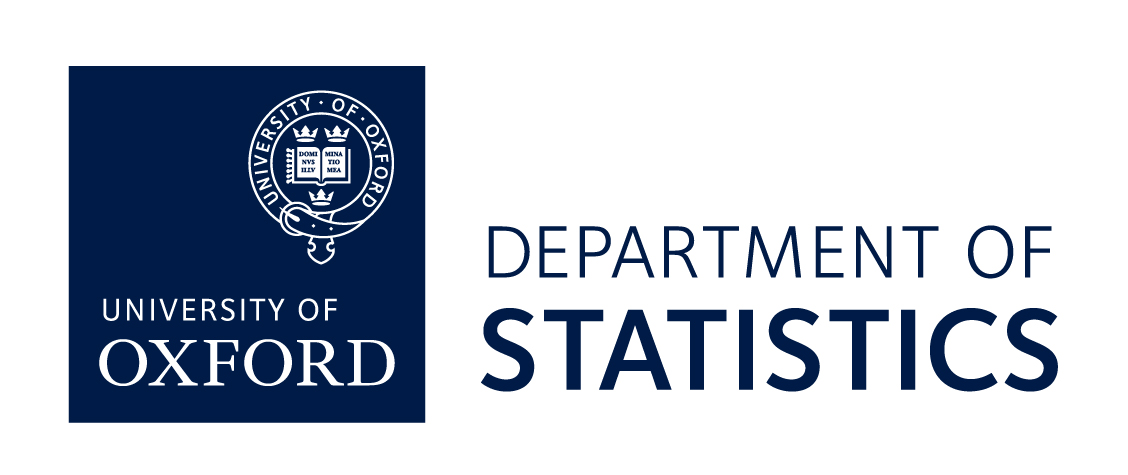DPhil in Statistics Studentships
DPhil in Statistics Studentship: Characterisation of methodological and digital tools to monitor and evaluate PHSMs effectively: working to reduce infectious disease risks (details below)
DPhil in Statistics IDLA: Uncertainty quantification and robust decision analysis
DPhil in Statistics Studentship: Characterisation of methodological and digital tools to monitor and evaluate PHSMs effectively: working to reduce infectious disease risks
Applications from graduates with interests in statistical epidemiology, public health and/or digital health are invited for a DPhil in Statistics, funded by the NIHR-funded Health Protection Research Unit in Emerging and Zoonotic Infections (HPRU-EZI), to work on a project in the field of Statistical Epidemiology.
Considering methods and technologies that could be advanced to improve public health and social measures (PHSMs, formerly referred to as non-pharmaceutical interventions) in pandemic responses, this project will investigate ways to measure/optimise end-user acceptability, desirability, usability and equity. Key learning from the COVID-19 app will be used, including privacy protection features and user perceptions, alongside careful consideration of the equity of PHSM impacts (in terms of health outcomes and socio-economic costs). Co-development between scientists/engineers and public health agency staff will also be explored. Taking a broad perspective, social, ethical, and political implications for conducting trials of PHSMs (including individually and cluster randomised trials) will be considered in terms of potential timeliness of policy-relevant results, so that they can be better evaluated in future emerging infections. The supervisors are Professor Christl Donnelly (Department of Statistics, University of Oxford), Professor Christophe Fraser (Pandemic Sciences Institute, University of Oxford), Professor Roberto Vivancos (UK Health Security Agency) as well as Professor Iain Buchan (University of Liverpool) and Professor Tom Solomon (University of Liverpool).
The start date for the DPhil studentship is 5 October 2026. The DPhil studentship will be based in the Department of Statistics at Oxford University. This studentship will be for a maximum of 3.5 years duration; it includes fees at the UK/home rate, stipend, and research-related travel.
The successful candidate will benefit from joining the Oxford Martin School Programme on Digital Pandemic Preparedness (directors include Professor Christophe Fraser and Professor Christl Donnelly) as well as the HPRU-EZI. All HPRU-funded doctoral students are part of the NIHR academy, which gives access to a wide range of excellent career development opportunities. The HPRU-EZI runs a bespoke career development program comprising training, development and mentorship opportunities beyond the individual research group in which the student is based. Attendance at the career development events is expected of students and is covered by HPRU career development funding.
Entry requirements and other useful information can be found at: DPhil in Statistics course information.
Applications should be made online to the Department of Statistics via the Graduate Application Form and should include a CV, research proposal, three references, and a transcript of previous degrees. In the section of the application form “Departmental Studentship Applications” applicants will be asked whether they are applying for an advertised studentship. In this section please state “Yes” followed by “26STAT02HPRU”.
Applications must arrive by midday on Thursday 8 January 2026. Please quote “26STAT02HPRU” in your research proposal.


